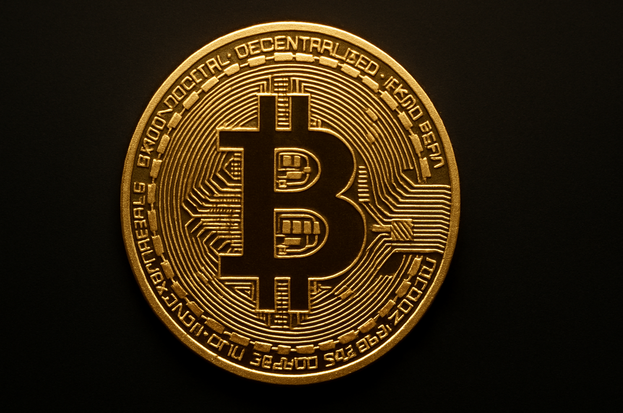TLDR
- Philippines plans 10K BTC reserve to hedge debt and future-proof economy.
- House Bill 421: BSP to buy 2K Bitcoin yearly, securing ₿ as national reserve.
- Philippines eyes BTC as “digital gold” to cut debt and boost fiscal security.
- BSP may hoard 10K Bitcoin in 5 years, reshaping Asia’s reserve strategies.
- Bill 421 makes PH first in Asia to legislate Bitcoin as sovereign reserve.
The Philippine government is considering legislation to establish a national Bitcoin Reserve under House Bill 421. Filed by Congressman Miguel Luis Villafuerte, the bill directs the Bangko Sentral ng Pilipinas (BSP) to acquire 2,000 Bitcoin each year for five years. If passed, this will make the Philippines the first country in Asia to legislate a sovereign Bitcoin Reserve.
BTC Acquisition Plan to Bolster Financial Security
The proposal mandates the BSP buy up to 10,000 BTC over five years. These assets must be stored securely in cold storage and retained for at least 20 years. The central bank will manage and safeguard the Bitcoin Reserve under strict oversight.
Philippine Congressman Migz Villafuerte has filed House Bill 421, proposing the establishment of a Philippine Strategic Bitcoin Reserve. The bill calls on the Bangko Sentral ng Pilipinas (BSP) to purchase 2,000 Bitcoin annually for five years — a total of 10,000 BTC — and hold… pic.twitter.com/EVrroiMg8j
— Wu Blockchain (@WuBlockchain) August 22, 2025
The BSP governor is required to implement a transparent acquisition process to avoid price disruptions. To ensure accountability, the BSP must release an annual “proof of reserve” report outlining the program’s progress. This approach aligns with global practices of incorporating Bitcoin into national reserve systems.
This Bitcoin Reserve strategy is intended to diversify national holdings and reduce dependence on traditional assets like gold and US dollars. The measure seeks to strengthen the country’s resilience amid economic shifts and global financial uncertainties. By adopting Bitcoin, the Philippines aims to improve its financial defenses over the long term.
National Debt Concerns Drive Strategic BTC Proposal
According to the bill, rising national debt is a key driver behind the initiative. As of late 2024, the Philippines’ sovereign debt stood at ₱16.09 trillion or approximately $275 billion. The Bitcoin Reserve is seen as a modern hedge to counter debt pressure and enhance fiscal security.
The explanatory note highlights Bitcoin’s consistent growth over the past years, with a compound annual growth rate of 40%. Lawmakers believe that BTC’s trajectory outpaces that of traditional financial instruments in terms of delivering long-term value. The bill references Bitcoin’s designation as “digital gold” by major financial institutions, including the U.S. Federal Reserve.
The reserve will remain untouched unless needed to reduce sovereign debt. Even after the 20 years, the BSP can only sell 10% of the total holdings every two years. This provision aims to prevent large-scale market disruption while preserving asset value.
Global Context Strengthens Case for Bitcoin Reserve
Several countries have already explored similar Bitcoin Reserve policies. El Salvador made Bitcoin legal tender in 2021 and continues to accumulate it in national reserves. Other jurisdictions, such as Brazil, Switzerland, and Poland, have also moved to integrate Bitcoin into their reserve portfolios.
The Philippines now joins this growing list of nations considering Bitcoin as a viable reserve asset. The bill also mentions digital asset initiatives in Russia and proposals in the U.S. by policymakers advocating Bitcoin stockpiles. Such global momentum reinforces the strategic relevance of Bitcoin as a sovereign store of value.
If passed, House Bill 421 could reshape how the Philippines handles reserve management. By positioning Bitcoin alongside gold and currency reserves, the country aims to future-proof its financial foundation. The proposed Bitcoin Reserve marks a significant shift in how digital assets are viewed in economic policy.







